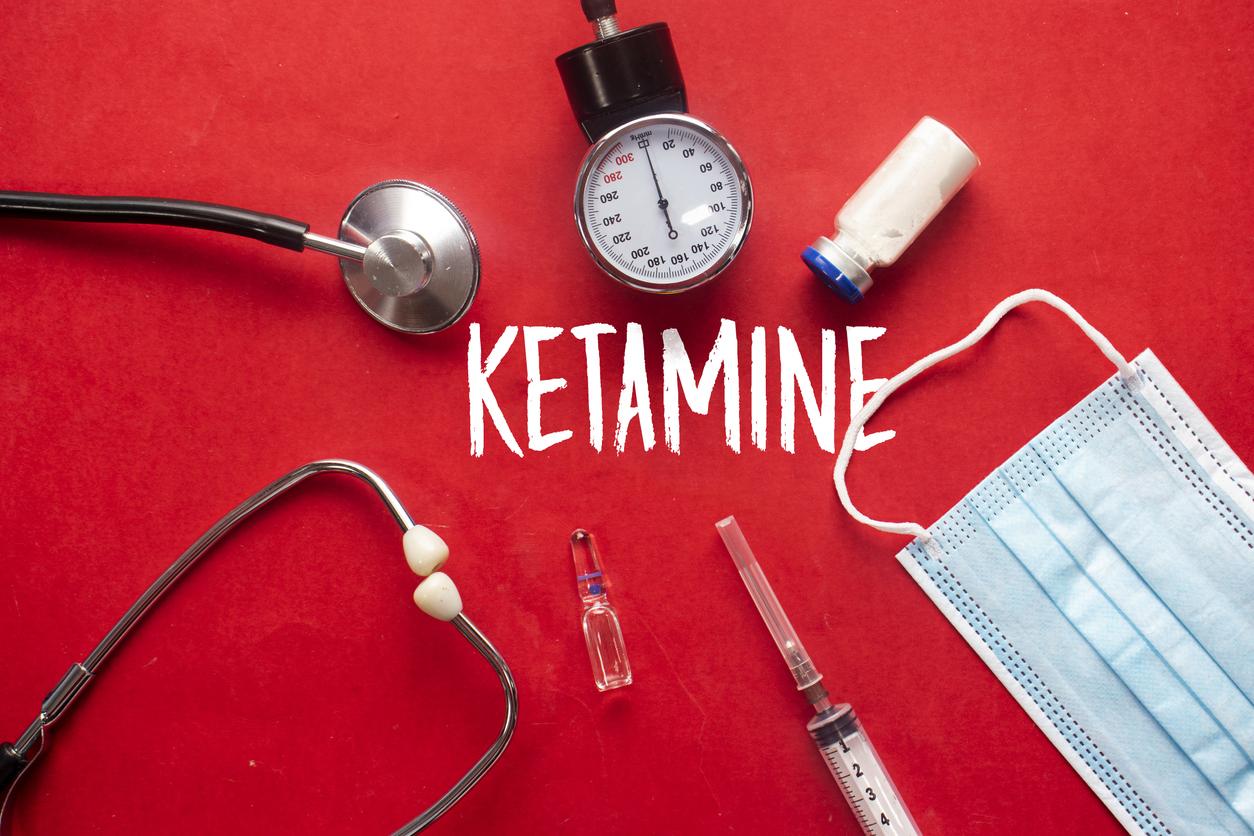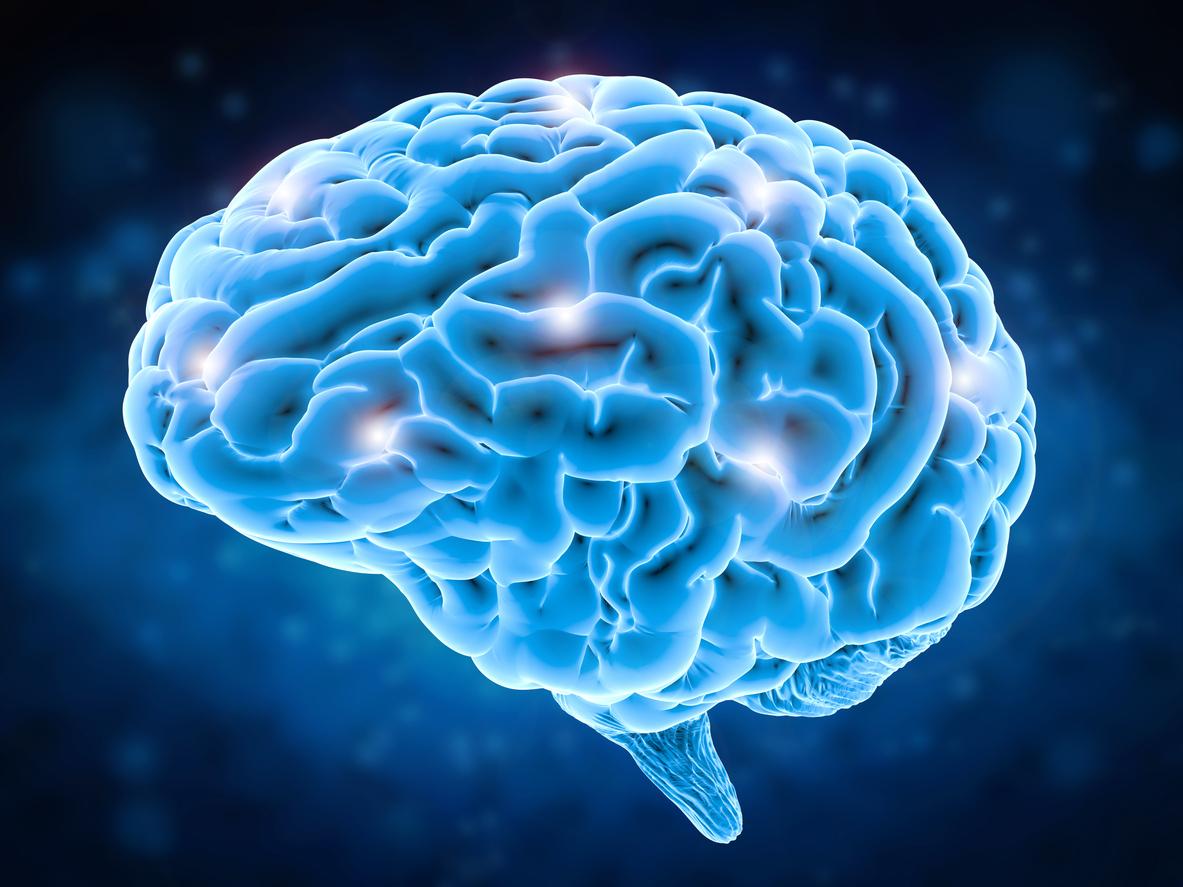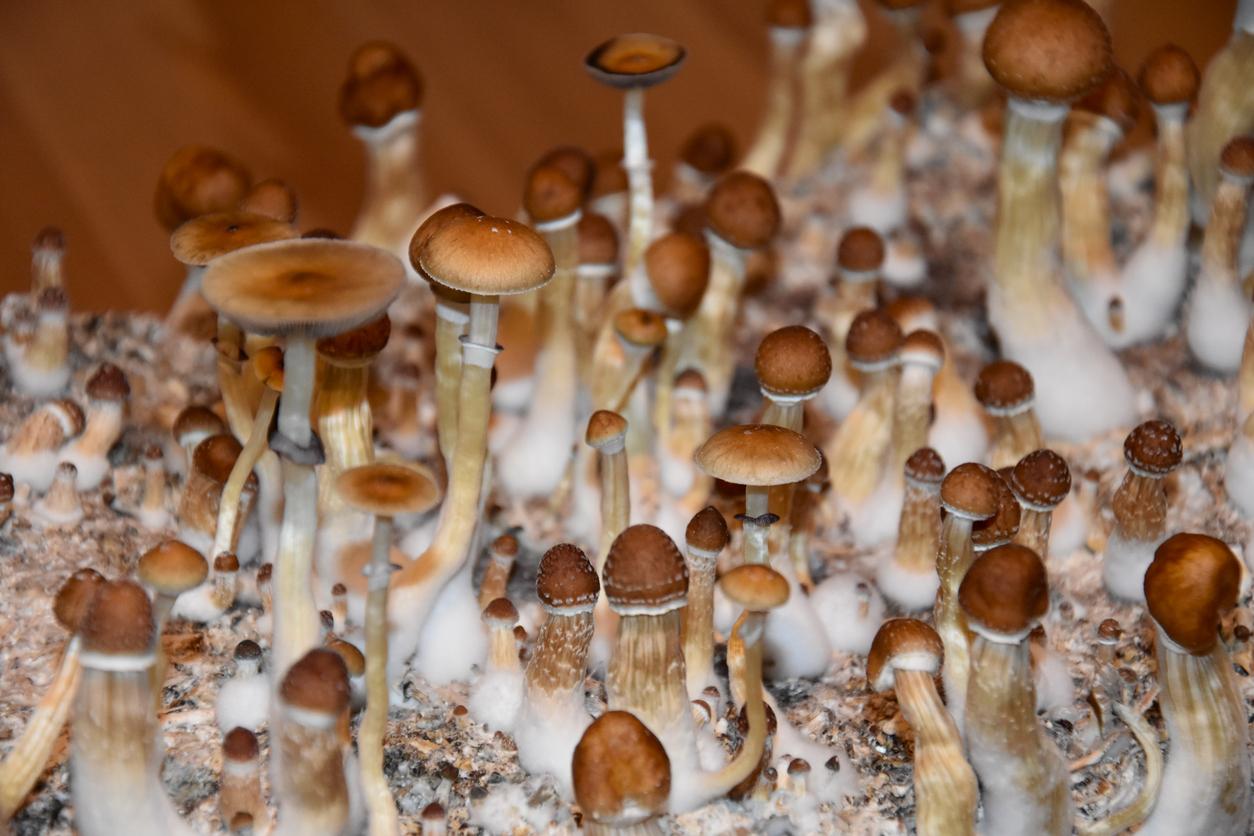Because they tend to focus more on negative information, people suffering from depression would be more receptive to fake news about Covid-19 vaccines.

- Since the start of the epidemic, a lot of false information about vaccines has been circulating on social networks.
- People with depression are twice as likely to buy into this misinformation as others.
- For the researchers, this suggests that depressed people are more vulnerable to negative information, even if it is false.
Experimental, ineffective, cytotoxic vaccines, which would make people magnetic and produce serious side effects… Since the start of the Covid-19 pandemic, false information has been spreading very quickly, and on a large scale, on social networks. Among these infox, those on the dangerousness of vaccines are particularly relayed.
According to a study conducted by researchers at Massachusetts General Hospital (MGH) and published in JAMA Network Open, people suffering from depression would be particularly sensitive to this conspiratorial discourse. In question: their general bias towards negativity, which would push them to be more receptive to misinformation related to vaccines against Covid-19.
“One of the remarkable things about depression is that it can cause people to see the world differently, a bit the opposite of rose-colored glasses. In other words, for some depressed people, the world appears like a particularly dark and dangerous place, explains Roy H. Perlis, lead author of the study. We wondered if people who see the world this way might also be more likely to believe misinformation about vaccines. If you already think the world is a dangerous place, you might be more inclined to believe that vaccines are dangerous – even if they aren’t.”
A link between depression and adherence to fake news about vaccines
To find out, researchers looked at the responses of 15,464 adults living in the United States to an online survey conducted between May and July 2021. Participants also completed a questionnaire measuring symptoms of depression.
The results show that participants with moderate major depressive symptoms were more likely to endorse at least one of the four false statements about Covid-19 vaccines present in the survey, and those who endorsed these statements were less likely to agree. vaccinate. Specifically, the presence of depression was associated with a 2.2 times greater likelihood of believing misinformation about vaccines, and people adhering to at least one fake news were half as likely to be vaccinated and 2 .7 times more likely to report vaccine resistance.
Treating depression to limit the scope of false information
The researchers then analyzed data from a subset of 2,809 people who agreed to respond to a new survey two months later. Those with depression in the first survey were again twice as likely as others to endorse new misinformation than in the previous survey.
“While we cannot conclude that depression caused this susceptibility, examining a second wave of data at least allowed us to find that depression preceded misinformation. In other words, it wasn’t misinformation that made people more depressed”emphasizes Professor Perlis.
The first author emphasizes that these findings in no way blame people with depression for misinformation, but rather suggest that depression may make people more vulnerable to misinformation. “By addressing the extremely high levels of depression in this country during the pandemic, we could reduce people’s susceptibility to misinformation”hopes the researcher, who recalls that this is an observational study, which therefore cannot prove that depression is the cause of vulnerability to fake news.

.

















